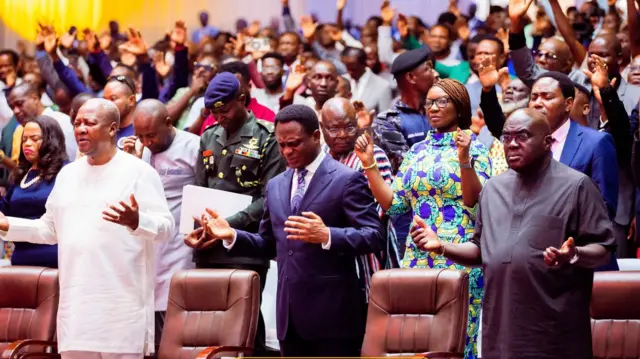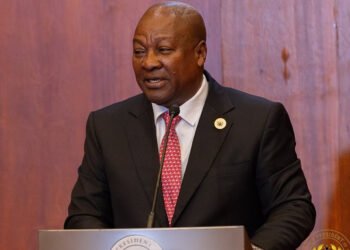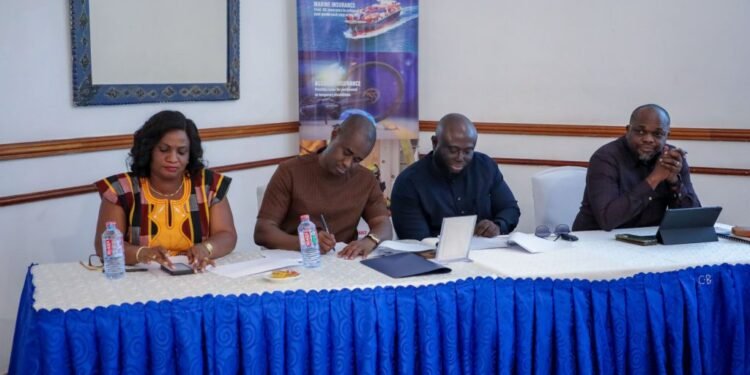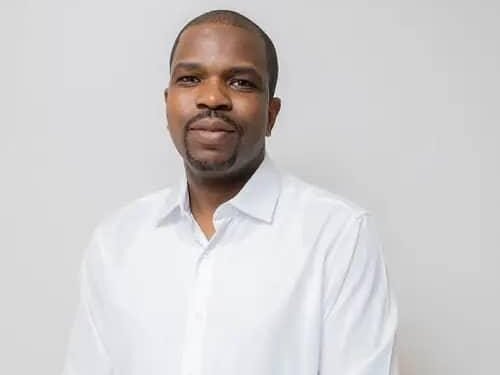The IMANI Center for Policy and Education has raised serious concerns about the government’s growing involvement in the management of religious prophecies, warning that the move could blur the constitutional line between faith and governance in Ghana.
According to the policy think tank, while religion has long played a visible role in the nation’s public life, the formal vetting of prophecies by a presidential office risks undermining the country’s secular foundations.
The debate was reignited after a letter dated 10 August 2025 from the Office of the Presidential Envoy for Interfaith and Ecumenical Relations instructed religious leaders to submit any prophecy “of a national nature”—especially those linked to governance, high office, security, or public stability—for official review and escalation.
The directive, issued by Presidential Envoy Mr. Elvis Afriyie Ankrah, explained that this move was “part of strengthening national coordination on spiritual matters.”
Since the circular was released, Mr. Ankrah’s office has reportedly received dozens of submissions. However, officials have acknowledged that between 70 and 80 percent of these prophecies “lack substance.”

Only a handful, estimated at 2 to 5 percent, are considered worthy of closer examination.
“This filtering process illustrates both the challenge of distinguishing genuine spiritual insight from speculation and the administrative burden on a secular government to vet religious content.”
IMANI Center for Policy and Education
Accordingly, the think tank cautioned that such a role extends far beyond what the Constitution permits.
Faith In Public Life
IMANI pointed out that the 1992 Constitution of Ghana clearly defines the nation as a secular republic, one in which no single faith is elevated over another.
Yet, the Preamble famously begins “In the name of the Almighty God,” reflecting the spiritual outlook of Ghanaians when they adopted the charter.
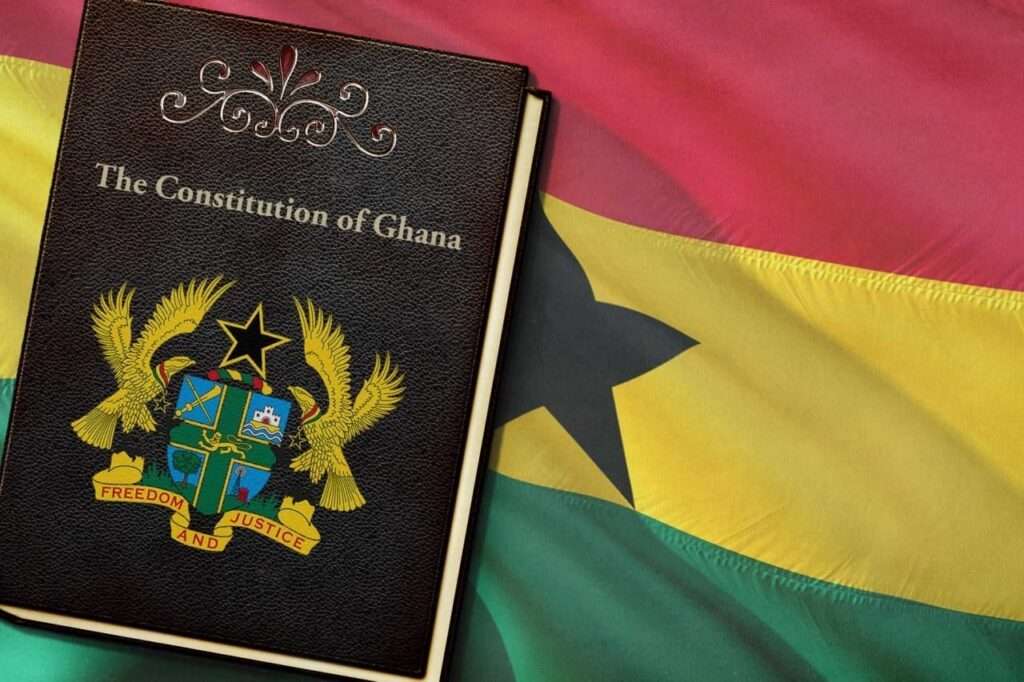
The national pledge ends with a plea for divine assistance, and the national anthem itself asks God to “bless our homeland Ghana.”
“Despite secularism, expressions of faith permeate our public life. At official ceremonies like Independence Day (6 March), religious leaders lead prayers. Cabinet meetings are opened with said prayers.”
IMANI Center for Policy and Education
Even Parliament continues to acknowledge the spiritual dimension of Ghanaian society through prayer before its deliberations.
These practices, IMANI argued, do not violate secularism but instead demonstrate the delicate balance Ghana has struck between acknowledging the spiritual beliefs of citizens and maintaining state neutrality. The danger, however, lies in crossing that boundary.
Keep Prophecies Private
The think tank stressed that secularism, properly understood, does not eliminate religion from the national landscape but rather makes it a matter of private conscience.
Individuals turn to their faith during crises, tragedies, or celebrations, and these personal convictions remain an essential source of strength.

What secularism demands, IMANI noted, is that no single interpretation of religion should be given official standing within state policy.
As such, IMANI has questioned whether a presidential office should be charged with assessing and escalating prophecies.
The group warned that “a Presidential office dedicated to vetting prophecies exceeds the state’s secular mandate.”
Instead, the think tank proposed that individuals be free to practice their beliefs without bringing those practices into the machinery of government. “Let every citizen pray freely, but let spiritual practices remain apart from the republic’s formal institutions.”
Governance Belongs To Institutions, Not Ecclesiastical Review
IMANI further noted that secularism in Ghana is not intended to ban religion from public life but to prevent any one faith from steering governance.
While the Constitution’s references to God symbolize the collective aspirations of the people, they do not authorize the Presidency to “strengthen national coordination on spiritual matters.”
The think tank acknowledged that the President, like any individual, may retain personal spiritual advisers “especially in these times of uncertainty and complexity.”
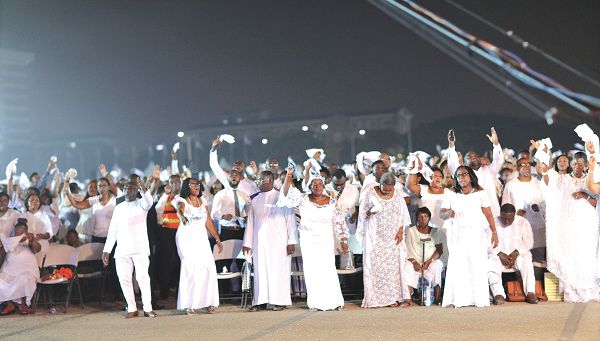
However, it emphasized that matters concerning “governance, national security, or public stability” are best handled by professional institutions—not ecclesiastical review boards.
Faith, IMANI concluded, is “the substance of things hoped for and the evidence of things unseen.” It should inspire individuals, shape values, and contribute to national character.
However, IMANI noted that it should not be nationalized, politicized, or transformed into an administrative function of the state.
By raising these concerns, IMANI Africa has once again placed the spotlight on the fragile but essential balance between religion and politics in Ghana.
The organization’s warning comes at a time when the role of prophecy in public affairs continues to divide opinion, reminding both leaders and citizens of the need to preserve constitutional principles while respecting spiritual diversity.
READ ALSO: UK To Deploy Troops If Peace Deal Holds

